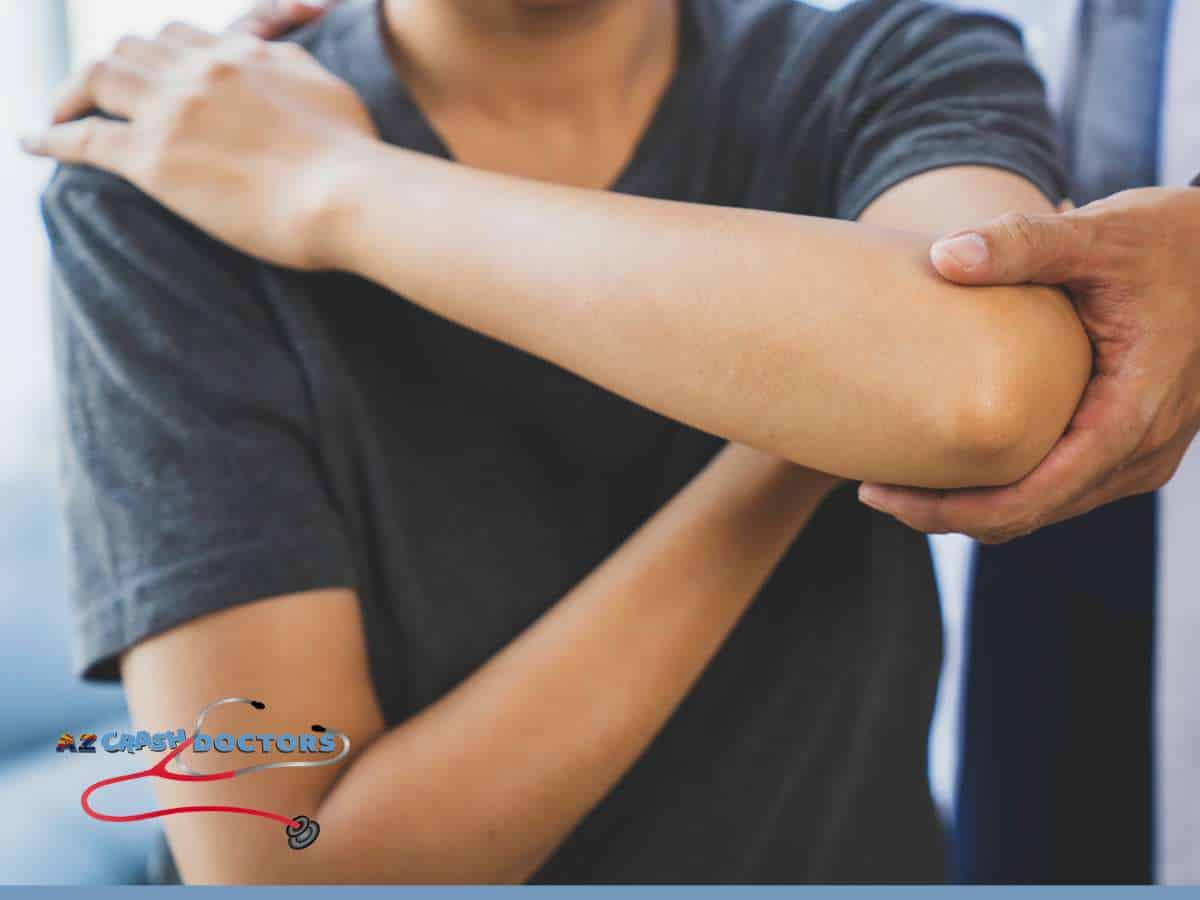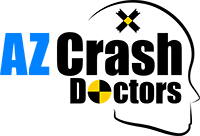Why Muscle Spasms Occur After a Car Accident & How Can You Relief Them
Muscle spasms after a car accident can be very painful and disruptive, making your daily routine more difficult than ever. If you’re dealing with muscle spasms, know that you’re not alone because many people experience them, and that’s why it is completely natural to want relief.
Fortunately, our auto accident chiropractor has created this article to walk you through practical steps to manage and alleviate muscle spasms. By reading this information, you’ll have a powerful toolkit to ease your discomfort and help you get back to feeling like yourself again.

Understanding Muscle Spasms After An Auto Accident
Muscle spasms are sudden, involuntary contractions or tightening of one or more muscles, often causing sharp pain and discomfort. Muscles are supposed to relax and loosen after contracting and tightening, but when a muscle doesn’t relax, it spasms or cramps, causing the muscle to become tight or knotted. As you can guess, this effect hurts, especially if there is a chronic spasm in a significant muscle area, such as the lower back.
These spasms can last anywhere from a few seconds to several minutes and may recur frequently if the underlying cause isn’t addressed.
If you were recently involved in an automobile accident, you may be suffering from muscle spasms. They are a common side effect that may disappear on their own, but sometimes they can be hard to deal with, requiring special care after a few days.
While they’re a natural response to injury, they can also lead to further stiffness, limited range of motion, and prolonged pain, especially in common post-accident areas like the neck, back, and shoulders.
Common Symptoms Of Muscle Spasms Related To Car Accidents
There are two basic explanations for muscle discomfort after a car accident.
The first is that the muscle fibers have become overstretched. This produces inflammation and swelling, similar to a sprained ankle or wrist. Swelling and inflammation cause irritation to the nerves that surround the muscle. It may take several days for the inflammation to manifest and disclose the irritation. Symptoms may not appear for several days following an automobile collision.
Nerve irritation transmits signals to the brain, which protects the damaged muscle. The muscles contract, and the area becomes immobile. Thus, in addition to soft tissue injury, inflammation causes muscles to tighten and spasm continuously.
Let’s now check some of the most common symptoms of muscle spasms after car accidents:
- Sharp Pain: Sudden, sharp pain or a persistent dull ache is a hallmark of muscle spasms, often worsening with movement.
- Tightness Or Stiffness: Affected muscles may feel tense or rigid, limiting your ability to move freely and comfortably.
- Tenderness In The Muscles: Areas experiencing spasms may become tender to the touch, making everyday tasks like reaching, bending, or twisting painful.
- Reduced Mobility: Spasms can restrict movement in the neck, back, shoulders, or other impacted areas, making it difficult to perform simple activities.
- Throbbing Or Pulsing Sensation: Some people experience a rhythmic pulsing in the affected muscles, which can feel distracting or uncomfortable.
These symptoms usually appear in the neck and back because these are areas more vulnerable to whiplash and trauma.
Quick Relief Methods For Muscle Spasms Post-Car Accident
We know it’s not easy to deal with muscle spasms after a car accident, which is why we recommend considering these relief techniques to ease the discomfort and kickstart the healing process:
- Rest & Ice/Heat Therapy: You need to give the affected area proper rest. At the same time, you can apply ice to reduce inflammation and numb the area for the first 48 hours. After this, switch to heat therapy, which helps relax tight muscles and promote blood flow to the affected area.
- Gentle Stretching: By carefully stretching the muscles, you can relieve tension without overworking the injured areas. Always focus on small, gentle movements like shoulder rolls or neck stretches to gradually restore mobility and reduce stiffness.
- Over-The-Counter Pain Relievers: Anti-inflammatory medications, such as ibuprofen or acetaminophen, can help you manage pain and reduce inflammation, although they’re more effective when paired with physical therapy. Moreover, we always suggest consulting with a healthcare professional to ensure these medications are good for you.
- Stay Hydrated: Muscles need adequate hydration to work properly. Don’t forget to drink a lot of water to flush out toxins, reduce cramping, and support muscle relaxation.
- Practice Deep Breathing: Pain can increase tension, and that alone can worsen any muscle spasm. Try taking slow, deep breaths to reduce stress and encourage muscle relaxation.
When Should You Seek Professional Help for Muscle Spasms?
While at-home care can relieve mild muscle spasms, there are times when seeking professional help is necessary for a full recovery. If your muscle spasms continue bothering you beyond a few days without any improvement, then you may need professional treatment.
Experiencing severe discomfort that disrupts daily activities can be a nightmare, but don’t worry, we’re here to help. At AZ Crash Doctors, we specialize in chiropractic care in Arizona for car accident injuries, offering personalized treatment plans designed to relieve pain, restore mobility, and speed up healing. Don’t let muscle spasms and pain hold you back—contact AZ Crash Doctors today to start your journey toward effective recovery.

